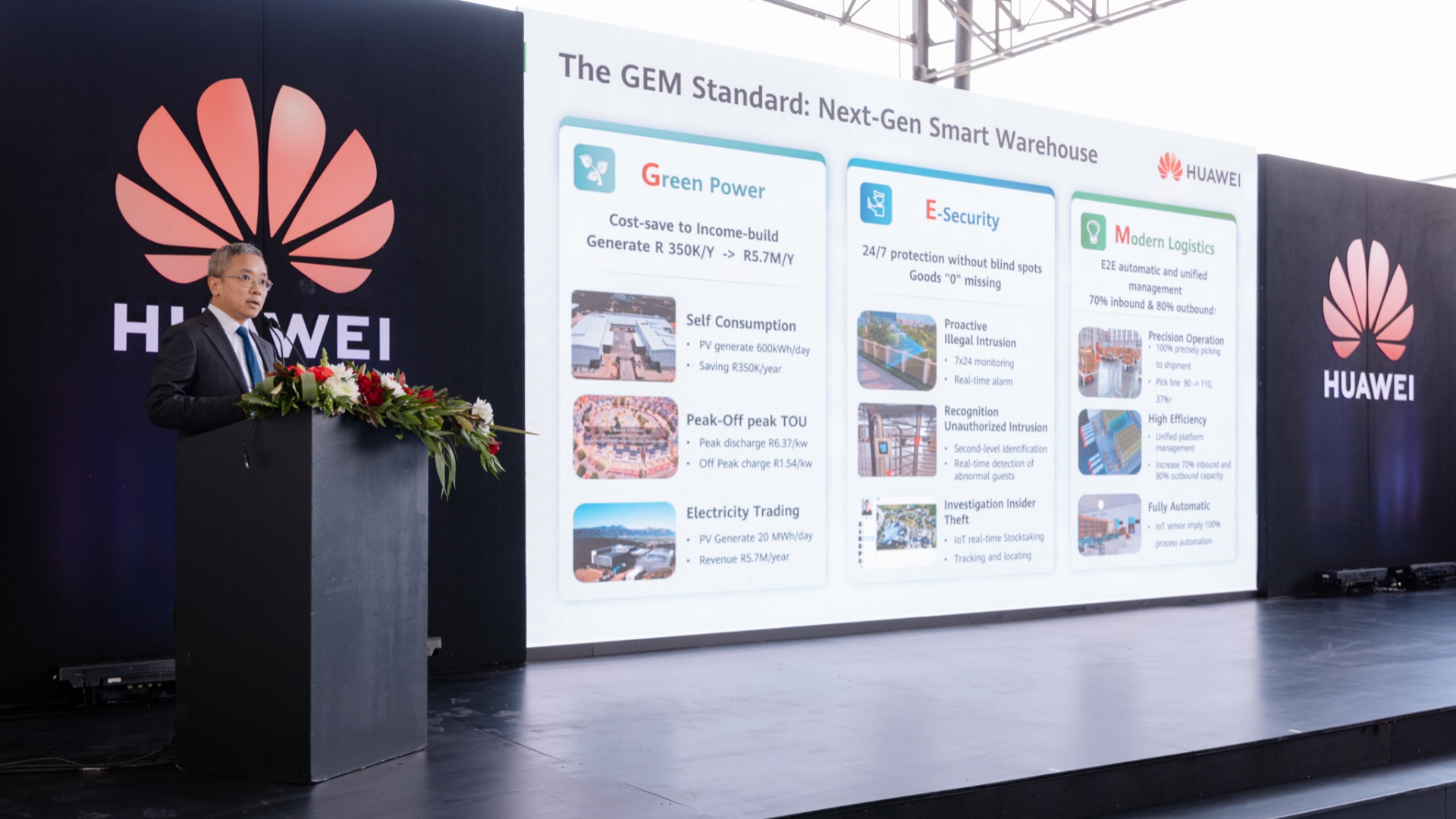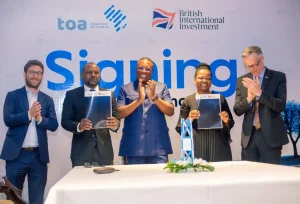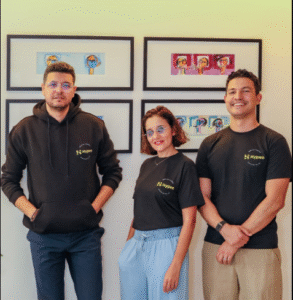Key Developments
Huawei Launches Smart Warehouse in South Africa to Transform African Logistics

Huawei South Africa has unveiled a cutting-edge smart warehouse in Johannesburg, marking a major development in the region’s logistics landscape.
Spanning 14,000 square meters, the new facility incorporates high-tech systems aimed at improving efficiency, security, and environmental sustainability across African supply chains.
This new warehouse is part of Huawei’s broader strategy to modernize logistics operations in Africa.
With automated processes and intelligent systems, the facility is designed to streamline operations and cut costs.
It represents Huawei’s commitment to supporting innovation and technological growth on the continent.
Will Meng, CEO of Huawei South Africa, highlighted the growing value of the country’s logistics sector.
“In 2024, the South African warehouse and logistics market was worth $93 billion. By 2032, it is expected to grow to $157 billion,” he said.
Meng emphasized that this growth is more than financial—it signals a shift toward smarter, faster, and more resilient supply chains capable of staying competitive in today’s global economy.
Technology-Driven Efficiency
The GEM framework—Green Power, E-security, and Modern Logistics- is at the heart of Huawei’s smart warehouse.
This model is supported by a digital warehouse management system that automates around 60% of daily tasks, allowing for faster and more reliable operations.
Green Power: The warehouse is powered by a 150KWp solar system equipped with Huawei’s SUN2000-100KTL-M2 inverters. This setup meets about 90% of the building’s daytime energy needs. According to Herman Fourie, Senior Solutions Manager for Huawei’s Digital Power unit, this model gives companies a cost-effective energy solution while also offering the potential to sell surplus power back to the grid.
E-Security: Safety is managed through AI-powered cameras that offer full-color 24/7 monitoring, even in complete darkness. These cameras detect potential threats and operational issues without requiring large control centers, freeing up space for storage and boosting overall warehouse safety.
Modern Logistics: The warehouse has eliminated paper in its picking operations, replacing it with PDA scanners and automated equipment like AGVs (Automated Guided Vehicles) and AGFs (Automated Guided Forklifts). These technologies bring items to workers, rather than the other way around, enabling them to handle up to 110 tasks per hour—nearly doubling the output of traditional methods.
Stevin John Du Plessis, Logistics Manager at Huawei South Africa, led an exclusive tour of the facility, showcasing how the blend of automation and human oversight drives a 70% to 80% increase in efficiency.
A Look at the Future
York Ning, Director of Enterprise Marketing & Solutions, emphasized how the warehouse integrates all operations into a unified digital system.
“Our platform coordinates automated machines and employees, boosting output by 37% per staff member,” he explained.
This synergy between people and technology illustrates how Huawei is setting a new benchmark for logistics innovation in Africa.
The Johannesburg smart warehouse is more than just a local facility—it’s a symbol of Huawei’s ambition to shape the future of logistics across the continent through sustainable, secure, and intelligent infrastructure.
Related Articles
Register Now
Empower Africa Times Newsletter
Share :
You may also like...

TowerCo Tanzania Secures $30 Million to Expand Rural Connectivity
TowerCo of Africa Tanzania (TOA Tanzania), a telecommunications infrastructure provider, has signed a $30 million financing agreement with British International Investment (BII) to bolster its network across the country.

Morocco’s Hypeo Ai Gets Backing from Renew Capital to Streamline Influencer Marketing
Hypeo Ai, a Moroccan startup offering an AI-powered platform for influencer marketing, has secured funding from Renew Capital to speed up and simplify brand-creator collaborations across Africa and the Middle East.

Egyptian fintech startup Flash has raised $6 million in seed funding to expand its product offerings and accelerate its growth in Egypt and beyond
Founded in 2021, Flash offers cashless payment solutions through its scan-and-pay service, allowing consumers and businesses to make transactions conveniently using QR codes
